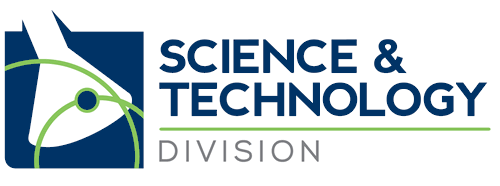Tapani Ronni, PhD, will be presenting “Genetically Enhanced Cancer Therapies” on Friday, October 26, 2018 from 2:00 to 3:00 pm.
This session is aimed at medical and scientific translators with some background in life science, either as translators or otherwise. I will provide attendees with cutting-edge information on cancer therapy using genetically enhanced cells.
I will first give some background information on cancer on cellular level; this introduction will explain why cure for cancer has long been an elusive goal. Cancer is not just one disease but a cluster of multiple diseases where the common theme is that certain cells are out of control due to changes in their genome. They are dividing on their own while ignoring inhibitory signals from the body.
Chemotherapy aims to block this uncontrolled division, but it doesn’t always work and can have serious adverse effects on the patient. Targeted radiation therapy can sometimes do wonders, but it has its own limitations. While surgery has long been used to remove tumors, it is often not possible to remove all the cancer cells. In the case of blood cancers, surgery is not even an option.
Biological therapies for cancer with specific monoclonal antibodies can work well but sometimes cancer cells are not recognized as they are not displaying certain antigens on their surface. Also, they often are not recognized by the immune system as foreign/harmful cells. If cancer cells are not destroyed early by natural means or by medical intervention, they can spread (metastasize) to different organs and cause further problems. New options are urgently needed in the field of oncology.
Nowadays, it’s easy to manipulate the genomes of mammalian cells using various techniques. This approach has led to Chimeric Antigen Receptor (CAR) T-cells that are designed to attack cancer cells. CAR T-cells have turned out to be an excellent tool against some forms of blood cancer. They are patient’s own cells (T lymphocytes) that are modified in the laboratory, grown in bulk and returned to the patient. The modified T cells have a chimeric antigen receptor that can now recognize the specific cancer antigen in cancer cells and thus CAR T cells can find and destroy these cancer cells. They can have long lasting positive effects against advanced cancer, but they can also cause fairly severe adverse effects due to an overactive immune response. Attend this session and learn more about this fascinating topic.

